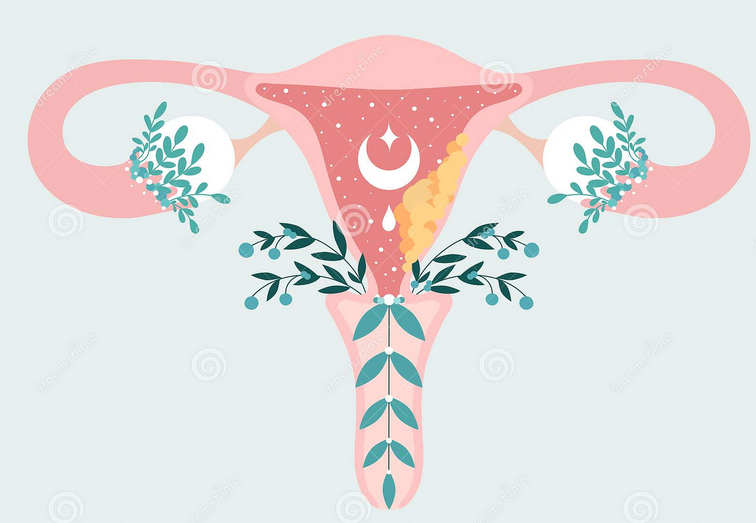see our blog: Postmenopausal bleeding: Do you have cancer?
What is endometrial Cancer?
- Endometrial cancer is cancer of the lining of the uterus (the endometrium), which is the tissue that came out during your periods.
- In menopause, this lining should be thin and should not cause bleeding. If it becomes abnormally thick, you may have precancer (endometrial hyperplasia) or Cancer.
- Endometrial Cancer is common. The chance of getting endometrial cancer in your life is almost 3% and is most common after about 55 years old.
- If Endometrial cancer is diagnosed early, the outcome is excellent and may only require a hysterectomy. Delaying the diagnosis and treatment can obviously worsen the outcome and involve more complicated treatments.
Who is at risk for Endometrial cancer. Risk of getting endometrial cancer Increases:
- as a woman gets older, usually in menopause.
- Obesity due to increased circulating estrogen. (Obesity increases the risk of Breast Cancer as well.)
- Taking estrogen without progesterone; using tamoxifen for breast cancer treatment or to lower breast cancer risk.
- First period at a younger age, later menopause, a history of infertility, polycystic ovary syndrome (PCOS), or not having children. (all these cause longer exposure to estrogen)
- Women with a personal or family history of hereditary non-polyposis colorectal cancer (HNPCC or Lynch syndrome) Women who have had breast cancer or ovarian cancer may also have an increased risk of endometrial cancer.
Can you prevent endometrial cancer? No, but you can decrease your risk of getting it.
- Overall health is a good way to decrease cancer risk.
- Keeping your weight as normal as possible to avoid increased estrogen due to obesity.
- Diabetes: Good control and weight management is helpful.
- Using the birth control pills at a younger age can confer protection from endometrial cancer for many years afterwards.
- Alcohol increases your risk and coffee may decrease your risk.
- Never use estrogen products alone. Always add progesterone, which protects the uterus from cancer when using estrogen.
- There is no good evidence that “Bioidentical hormones” decreases your risk of endometrial cancer.
- Always see a Gynecologist if you have any vaginal bleeding in menopause. (see our blog: Postmenopausal bleeding: Do you have cancer?)

